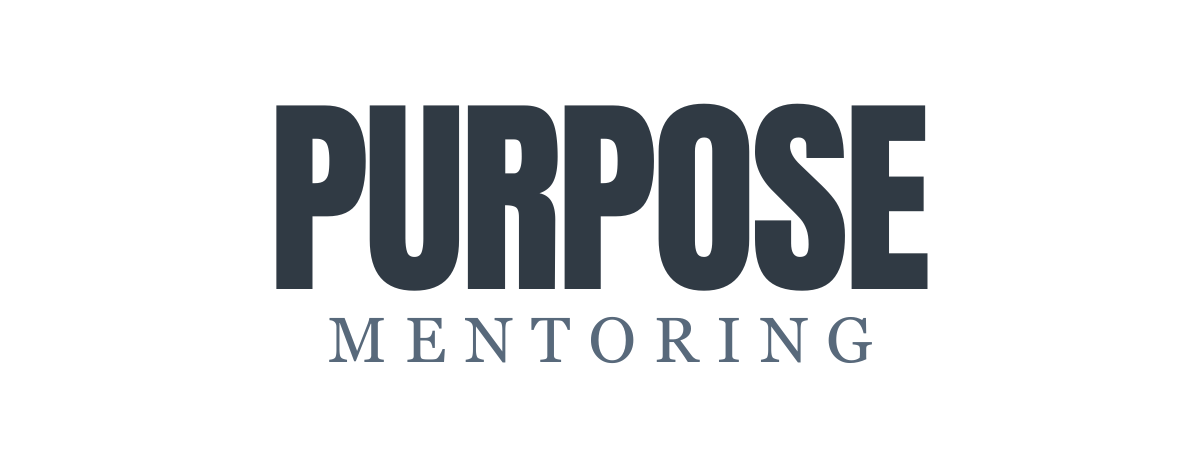Do You Say “Should” a Lot?
Do you find yourself saying the word “should” a lot?
Here are some examples:
⚠️ I know I should be more organised
⚠️ I should call this client, instead of emailing them
⚠️ I should probably go for a run after work today
⚠️ “We should get together sometime”
There isn’t necessarily anything wrong in acknowledging what you ‘should’ do. After all, it drives us to get things done. Where it does become problematic is when you hear yourself saying ‘should’ more and more, and when you find yourself not doing the things you feel you should do.
So…where does this ‘should’ come from? What has created our internal barometer for what is the ‘right’ way to do things in the first place? Why do we often NOT do the things we ‘should’ do? And…why do we then feel GUILTY for not doing what we feel we should do?
The answer may lie in a theory proposed originally by Sigmund Freud in the late 1800s. Freud suggested that our personalities are made up of 3 parts: ‘Superego’, ‘Ego’ and ‘Id’, which are constantly vying for control.
↘️ The Superego is the ‘morally correct’ part of your personality - the judgemental part that knows and sets the RULES.
↗️ The Id is the IMPULSIVE part that is driven by pleasure and wants to avoid pain. It's the part that says "Jump!!".
↔️ The Ego is the conscious part of your personality that mediates between the id and the superego and makes decisions.
——-
If someone is reckless and makes quick, irrational decisions, then their Ego is essentially being overruled by their Id (this happens more when someone is drunk, for example). On the other hand, if someone is a real stickler for the rules and is reserved and serious, their Superego is being the most dominant.
The word ‘should’, and our internal belief system about the ‘right’ way to do things, comes from our Superego, which has been formed over the course of our lives through our parents, our upbringing and our schooling.
So…if you keep referring to the things you ‘should’ do, this originates from your earlier experiences. And how you behave when you believe you ‘should’ do something also relates to your earlier experiences.
When someone is going through some form of counselling, mentoring, coaching, life coaching or therapy (these terms can often be muddled), a lot of the work is around ‘Ego strengthening’, and taking more active control over your decisions. If you understand more about your unconscious beliefs and impulses, you can feel more empowered to do what is best for YOU, without guilt. This will be particularly helpful in a work situation - dealing with difficult people, learning to prioritise better, and more.
If this is something you struggle with, you are welcome to get in touch for a FREE, private conversati0n. It may be that some sessions that are targeted on this issue may help you to make more sense of your thought process and the underlying feelings behind it.
